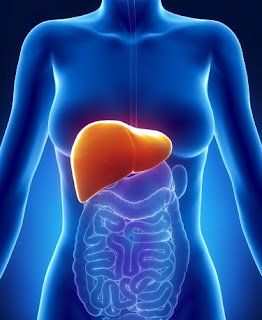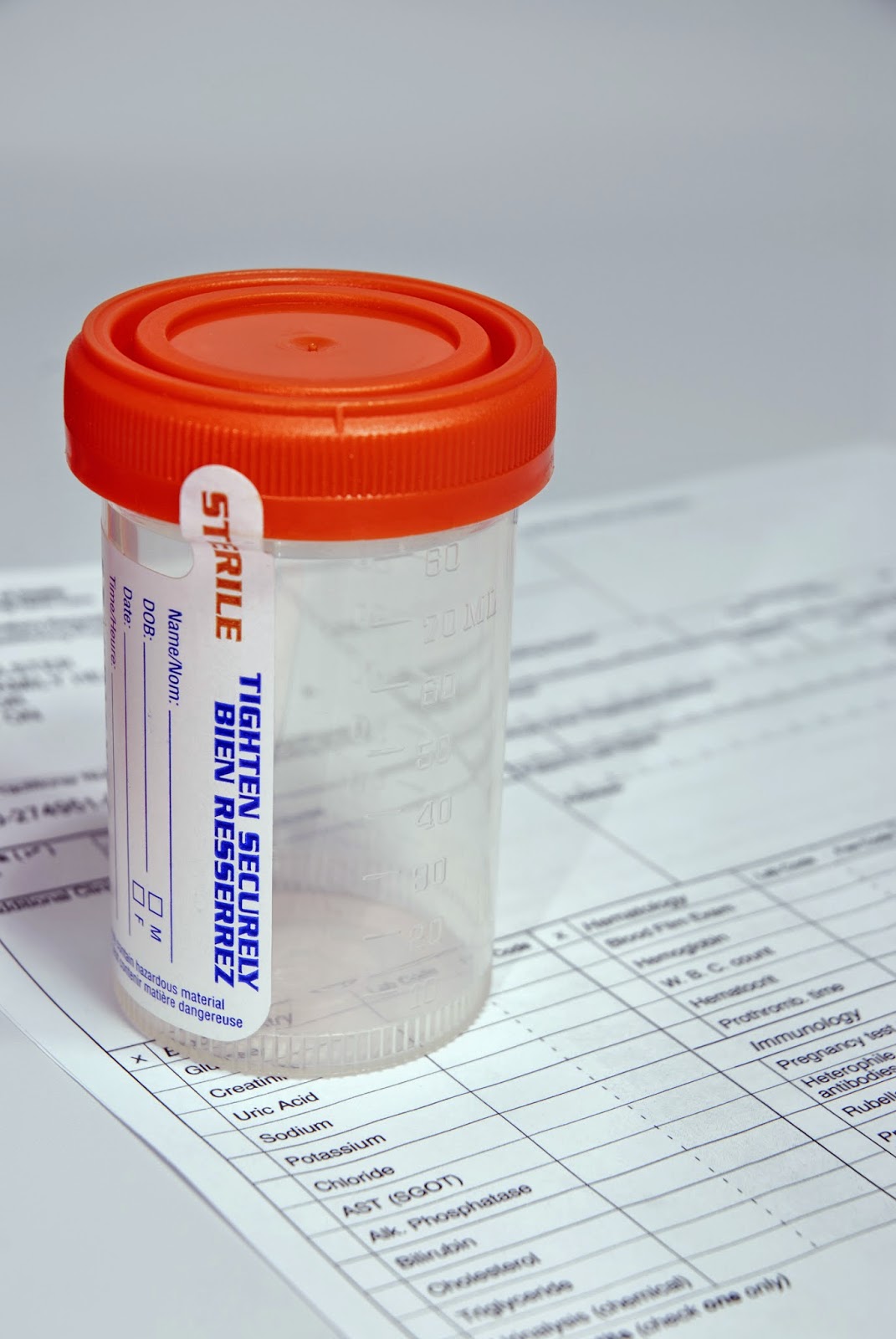Alcohol and the liver - the issue we don't always talk about
 In recent years we have seen a great deal of information become available on the effect alcohol can have on the developing brain. Certainly there can be few parents who are not at least somewhat aware of the risks in this area when they make a decision to allow their teenage son or daughter to drink alcohol at this time in their life. Unfortunately, little has been said about the effect that alcohol can have on the developing liver.
In recent years we have seen a great deal of information become available on the effect alcohol can have on the developing brain. Certainly there can be few parents who are not at least somewhat aware of the risks in this area when they make a decision to allow their teenage son or daughter to drink alcohol at this time in their life. Unfortunately, little has been said about the effect that alcohol can have on the developing liver.Over the years I have received a number of emails from parents, most of whom work in the medical profession, who have attended my presentations who have wanted to express their concern about this growing health issue. They are usually liver specialists, or have close friends who are, who believe that this is a topic that just doesn't receive the 'air-time' it should. Here is an example of an email I received earlier this year (please note I have removed identifying information and I have received permission to use sections of the email in this blog entry):
Hi Paul, I have a daughter at ... and came to your talk tonight. I am a gastroenterologist at ..... Hospital and spend much of my time looking after patients with alcoholic liver disease. We have had countless patients die in their 20s - the next to go will be a 28 year old girl who at one time was an excellent student at a selective girl's high school in ..... She similar to many of my patients, started drinking in her early teens and this was condoned by her middle class highly educated parents. She now lives in a boarding house ..., and has an abusive boyfriend who regularly beats her when she is not in hospital.
I am glad you have sent a strong message to parents regarding the dangers of alcohol. I am frequently shocked at how many parents think it is okay for a 14 year old to have a few drinks and go as far as buying alcohol for their children.
A couple of years ago I was approached by a mother after a presentation and was invited by her to visit the hospital she worked at the following day to take a walk around the liver ward. She talked of her frustration at having to work with younger and younger patients, many of them female, and how over the many years she had worked in the area, the work she was doing had changed quite dramatically. In the past, the vast majority of patients had been much older men, she was now regularly seeing much younger patients and had recently had a woman in her early 20s die of alcohol-related liver disease. The walk around the ward was certainly an eye-opener - as I continue to tell the students I speak to - the patients were not all men in their 60s and their 70s, many of them were women, mostly in their 30s, but some even younger.
It is important to realize that young women are far more affected by alcohol when it comes to their liver. Male livers are fully developed by around 18-19 years of age - this process takes much longer to complete for the female liver, around 21 years, and so for many of their big years of drinking (18-21 years) - they are putting great strain on an organ that is not complete. This damage is of course compounded if they had already been drinking regularly during their mid teens.
What worries me is that some parents continue to believe that letting young people have a few drinks to take to a party is not going to be a problem. I've even been sent invitations to after formal parties that parents have organised that have have said that young people attending the event can bring four cans of alcohol to drink! Four cans - are they serious? If a young person decides to bring four Smirnoff Double Black cans, that is just under 8 standard drinks - not far short of half a bottle of vodka! How is that appropriate? Do these parents really know what they are doing here?
I'm pretty sure if some of these parents had the opportunity to walk through a liver ward of their local hospital, as I have done, they may just realise the potential damage they are causing and this type of attitude may begin to change.



Comments
Post a Comment